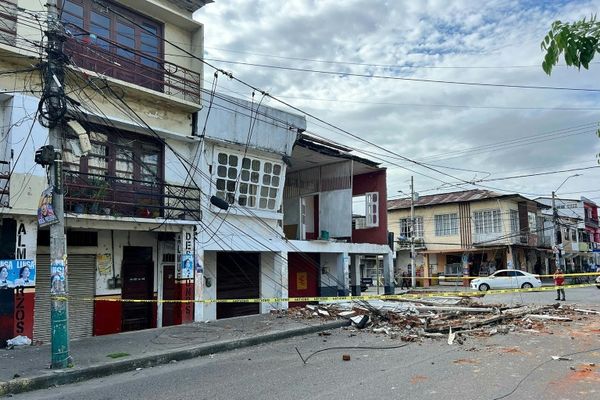
The University of Newcastle has received $3million in federal funding to establish new medical research infrastructure that will help close the gap in health outcomes for First Nations people.
The project, which is being undertaken in partnership with the Lowitja Institute, will help ensure culturally safe health and medical research for First Nations people.
It includes the establishment of a national ethics committee to provide advice and guidance on future research projects.
The National Aboriginal and Torres Strait Islander Health Research Human Ethics Committee will be co-designed with First Nations people to ensure Indigenous Australians have a say in the research projects that affect them.

The project is spearheaded by Wiradjuri woman and National Health and Medical Research Council Early Career Research Fellow, Associate Professor Michelle Kennedy.
The funding is part of the National Critical Research Infrastructure Initiative, a 10-year, $650 million Australian Government investment from the Medical Research Future Fund. The Initiative funds facilities, equipment, systems and services that support world-class health and medical research.
"We cannot close the gap in life expectancy and health outcomes, unless we consult First Nations people about the policies - and research projects - that affect them," Minister for Health and Aged Care Mark Butler said.
"Better outcomes come through consultation, and the co-design process that the University of Newcastle will undertake in developing a dedicated First Nations ethics committee will lead to better outcomes."
Newcastle MP Sharon Claydon said the University of Newcastle had a proud tradition of punching above its weight in world-leading research.

"I'm delighted to see our talented researchers recognised by the Medical Research Future Fund, further cementing Newcastle as the home of innovative health and medical research," she said.
"This funding is testament to the extraordinary work of Michelle Kennedy and her team to deliver health research that's appropriate, engaging and meaningful for First Nations people."
Assistant dean, Indigenous Strategy and Leadership Michelle Kennedy said all research involving Aboriginal and Torres Strait Islander peoples should be deemed safe and respectful by Aboriginal and Torres Strait Islander peoples.
"All research involving Aboriginal and Torres Strait Islander peoples should include Aboriginal and Torres Strait Islander Community Controlled health ethical approvals. However, there is limited state-based infrastructure and no national infrastructure to support this," Associate Professor Kennedy said.
"This project will use a co-design process to establish the much-needed body and contribute to transformative change in Aboriginal and Torres Strait Islander health."
To see more stories and read today's paper download the Newcastle Herald news app here.







